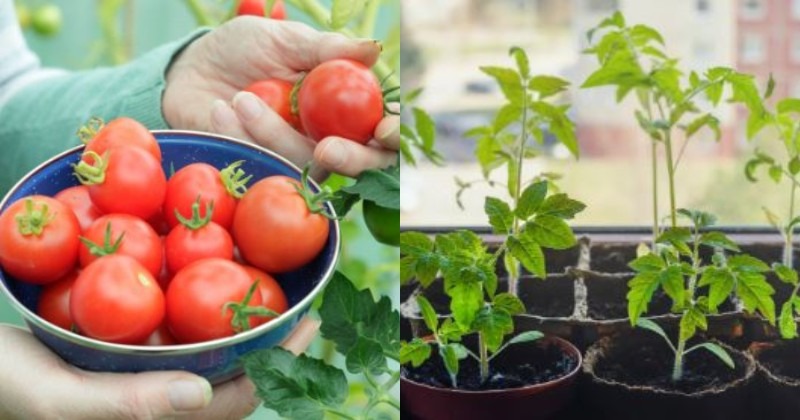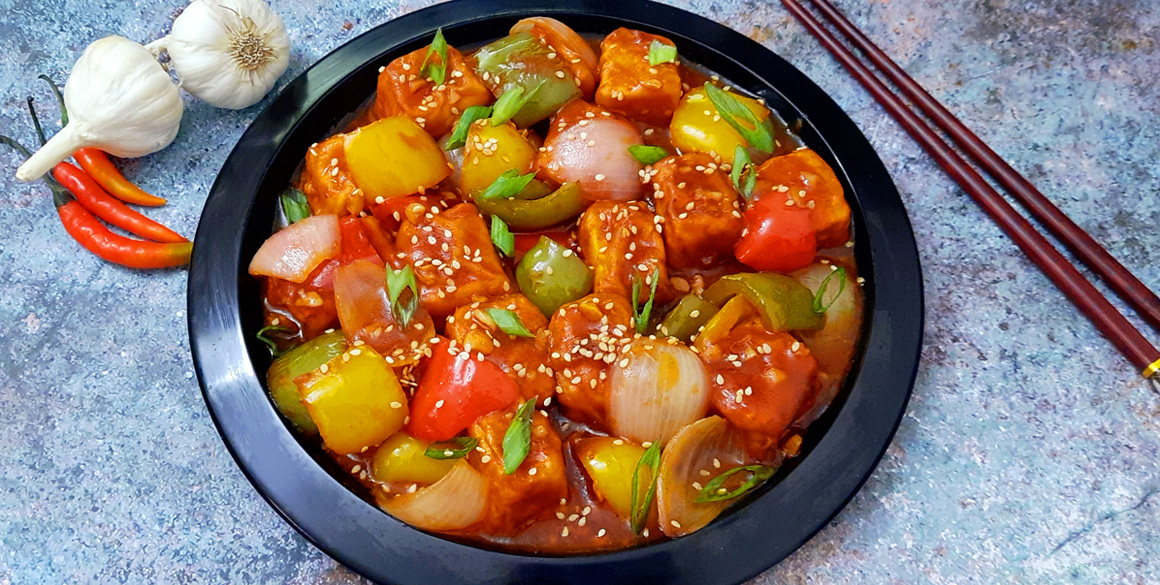Eating seasonally means choosing fruits and vegetables that naturally grow during a particular time of the year. It is a practice followed by our grandparents but is slowly fading in the modern lifestyle where supermarket shelves are filled with all kinds of produce throughout the year. Seasonal eating is not only healthier but also more affordable and sustainable.
What Does Eating Seasonally Mean?

Seasonal eating is about consuming foods that are harvested at their natural time. For example, mangoes in summer, guavas in winter, and watermelon during hot months. These foods are fresher, tastier, and packed with nutrients because they are grown without being forced in unnatural conditions.
Benefits of Eating Seasonally
1. Better Nutrition
Fruits and vegetables grown in their natural season have higher vitamins, minerals, and antioxidants. For example, oranges available in winter are rich in vitamin C, which helps fight cold and flu.
2. Improved Taste and Freshness
Seasonal foods taste better because they ripen naturally. A mango in summer tastes juicier and sweeter compared to one stored for months.
3. Cost-Effective
In-season produce is usually cheaper because it grows in abundance. Out-of-season fruits and vegetables often cost more as they are transported from faraway places.
4. Supports Local Farmers
Buying seasonal produce directly supports local farmers. It strengthens the local economy and reduces dependence on imported foods.
5. Environment-Friendly
Eating seasonally reduces the carbon footprint as it avoids the need for long-distance transportation, storage, and artificial ripening.
Also Read How to Handle Cravings: Smart Tips for Healthy Eating Habits
Examples of Seasonal Eating in India
India is blessed with a wide variety of fruits and vegetables. Here are some seasonal examples:
- Summer (March–June): Mangoes, watermelon, cucumber, jackfruit, litchi, ridge gourd.
- Monsoon (July–September): Corn, cucumber, gourds, jamun, plums.
- Winter (October–February): Carrots, spinach, mustard greens (sarson ka saag), guava, oranges, sweet potato, peas.
By aligning our diet with these natural cycles, we enjoy better nutrition and taste.
How Eating Seasonally Improves Health
- Boosts immunity: Seasonal foods are rich in the exact nutrients our body needs during that time. For example, watermelon hydrates us in summer, while leafy greens in winter provide iron and vitamins.
- Prevents lifestyle diseases: A diet full of fresh seasonal produce reduces the risk of obesity, diabetes, and heart disease.
- Better digestion: Seasonal foods are easier for the body to digest. Eating heavy winter vegetables in summer can cause discomfort.
Tips for Eating Seasonally in India
- Visit local markets or mandis to find fresh seasonal produce.
- Learn traditional Indian recipes that use seasonal fruits and vegetables.
- Avoid imported produce that looks shiny but lacks freshness.
- Store fruits and vegetables properly to maintain their nutrition.
- Talk to farmers or vendors to understand which foods are naturally available.
Eating Seasonally vs. Eating Imported Foods
Imported foods may look attractive, but they often lose nutrition due to long storage and travel. For example, apples imported from foreign countries may be months old, while local Indian guavas are fresh and nutrient-rich. Seasonal eating ensures freshness and higher nutrient content.
How Seasonal Eating Connects with Indian Traditions
In India, festivals and traditional dishes are linked to seasonal foods. For example:
- During Sankranti, sesame and jaggery are eaten in winter for warmth.
- In summer, aam panna and buttermilk keep the body cool.
- In monsoon, people eat corn (bhutta) roasted on the streets.
These traditions were designed to keep our bodies in balance with nature.
FAQs on Eating Seasonally
Q. Why should I eat seasonal foods?
Seasonal foods are fresher, tastier, and more nutritious. They are also cheaper and better for the environment.
Q. How do I know which foods are seasonal?
Visit local vegetable markets. Farmers usually sell what is naturally available in that season. You can also follow Indian food calendars.
Q. Is seasonal eating suitable for children?
Yes, seasonal fruits and vegetables are safe and healthy for children as they are fresh and nutrient-rich.
Q. Can I store seasonal foods for later use?
Yes, some seasonal foods can be preserved. For example, raw mango pickle in summer or dried amla in winter.
Q. Does seasonal eating help in weight loss?
Yes, because seasonal foods are nutrient-dense and low in calories. They keep you full and reduce cravings for unhealthy snacks.
Final Thoughts
Eating seasonally is one of the simplest ways to stay healthy and connected to nature. It improves nutrition, saves money, supports local farmers, and protects the environment. For Indian families, seasonal eating is not new. It is already part of our culture and traditions.
By making small changes, like choosing local fruits and vegetables instead of imported ones, we can enjoy better health and taste. Eating seasonally is not just a diet choice—it is a lifestyle that brings us closer to natural living.
Author- Ayush










